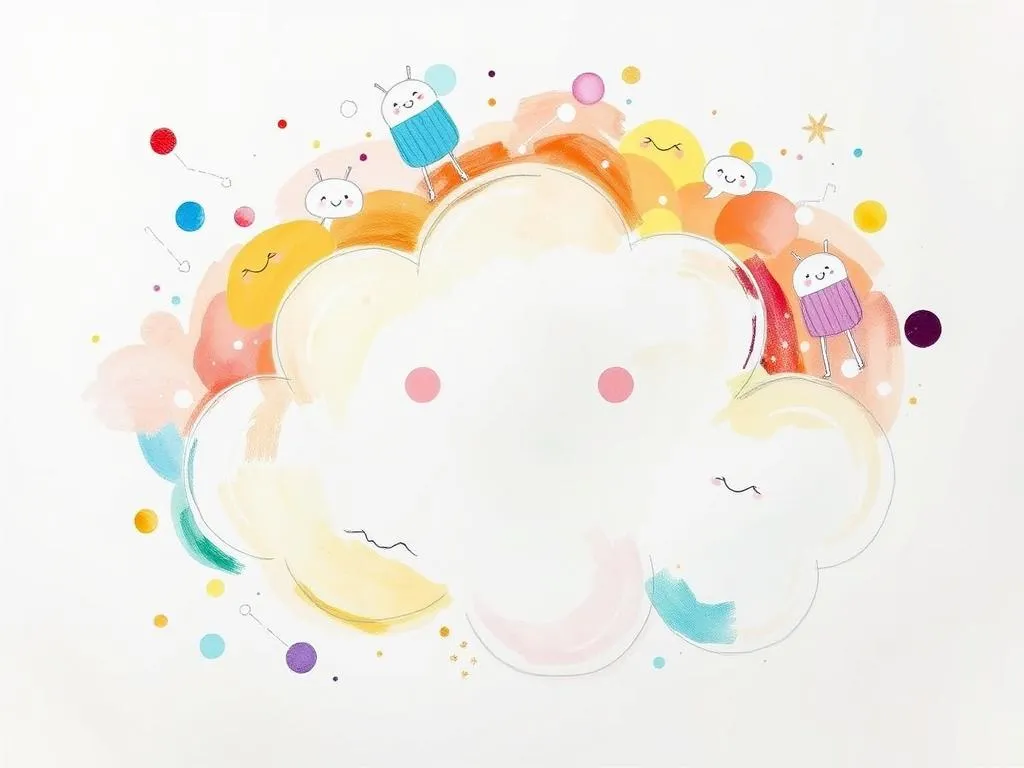
Introduction
Dreams have long fascinated humanity, serving as windows into our subconscious minds. Each night, as we drift into slumber, we enter a world where our thoughts, emotions, and experiences intermingle in complex narratives. Among the myriad of symbols and scenarios that populate our dreams, certain themes resonate universally, eliciting curiosity and introspection. This article will delve into the symbolism and meaning behind a prominent dream symbol, exploring its variations, and offering insights into how these dreams can reflect our waking lives. Understanding the significance of dreams can enhance our self-awareness, guide our decision-making, and illuminate hidden aspects of our psyche.
Symbolism and Meaning
Every dream is imbued with symbolic meaning that often transcends the surface narrative. One common dream symbol that captivates many is the water element. Water can represent a range of emotions, from tranquility and peace to chaos and turmoil. For instance, dreaming of a serene lake might symbolize calmness and emotional stability, while a turbulent ocean could reflect feelings of anxiety or overwhelming stress.
From a psychological perspective, Carl Jung suggested that water embodies the collective unconscious, a reservoir of shared human experiences and emotions. In this light, dreaming of water could signify a deep connection to the collective human experience, inviting us to explore our inner depths. Alternatively, Sigmund Freud viewed water as a symbol of repressed emotions or desires, suggesting that such dreams may indicate the need to confront or express hidden feelings.
Furthermore, the context in which water appears in dreams can significantly alter its meaning. For example, if one dreams of swimming effortlessly in crystal-clear waters, it may reflect a sense of freedom and mastery over one’s emotions. Conversely, struggling against a strong current could indicate feelings of being overwhelmed by life’s challenges. This interplay of context and symbolism underscores the importance of personal reflection when interpreting dreams.
Key Scenarios and Variations
The meaning of a dream can shift dramatically based on specific scenarios and variations. For instance, dreaming of drowning can evoke feelings of helplessness or being trapped. This scenario often symbolizes a struggle with emotional issues, suggesting that the dreamer may feel overwhelmed by their circumstances. However, if the dreamer is rescued from drowning, it could indicate a forthcoming resolution or support from others in navigating difficult times.
Another common variation involves flooding. When an individual dreams of being caught in a flood, it may symbolize an emotional release or a situation that has spiraled out of control. Floods often represent overwhelming emotions, indicating that the dreamer may need to confront and process these feelings rather than suppress them. In contrast, dreaming of a controlled flood, such as a gentle rain, may suggest a more manageable emotional state or a positive transformation in the dreamer’s life.
Additionally, dreams featuring rivers can convey different meanings based on their characteristics. A calm, flowing river might symbolize a smooth journey through life, suggesting that the dreamer is in harmony with their emotions and circumstances. On the other hand, a turbulent river may indicate that the dreamer is experiencing a tumultuous period, signifying a need to navigate through challenges with resilience.
These variations highlight the fluidity of dream symbols, encouraging individuals to consider their unique experiences and emotions when interpreting their dreams. Reflecting on the specific elements within the dream can provide deeper insights into its personal significance.
Real-Life Connections and Takeaways
Connecting dreams to real-life situations is a powerful tool for self-reflection and personal growth. When we begin to recognize the patterns and symbols in our dreams, we can gain valuable insights into our waking lives. For instance, if a dream involving water consistently resurfaces, it may indicate that the dreamer is grappling with emotional issues that require attention. Acknowledging these feelings can prompt the dreamer to seek resolution or healing in their daily life.
Moreover, dreams often serve as a mirror reflecting our subconscious thoughts and desires. By analyzing the emotions and scenarios present in our dreams, we can identify areas of our lives that may need nurturing or change. For example, a recurring dream of drowning may signal that the dreamer feels overwhelmed at work or in personal relationships, prompting them to reassess their commitments and establish healthier boundaries.
Practicing self-reflection can deepen our understanding of these dreams. Keeping a dream journal can be an effective way to track recurring symbols and themes. By noting the emotions felt during the dream and upon waking, individuals can uncover patterns that may correlate with their waking experiences. This practice encourages a more profound connection with the self and can illuminate areas for personal development.
Additionally, engaging in discussions about dreams with trusted friends or a professional can provide new perspectives and insights. Sharing experiences can foster a sense of community and support, allowing individuals to explore their dreams in a safe space. This collaborative approach can encourage deeper understanding and validation of one’s feelings, emphasizing the importance of connection in the dream interpretation process.
As you reflect on your dreams, consider what emotions surface and how they relate to your current life situations. Are there unresolved feelings or experiences that need to be addressed? How do the symbols in your dreams resonate with your waking reality? Engaging with these questions can lead to transformative insights and a deeper understanding of oneself.
In conclusion, dreams are a rich tapestry of symbols and emotions that invite us to explore our inner worlds. By examining the symbolism and meaning of our dreams, considering the variations in scenarios, and connecting these experiences to our waking lives, we can unlock valuable insights for personal growth. Embrace the journey of dream exploration and allow it to guide you toward greater self-awareness and emotional healing.







